
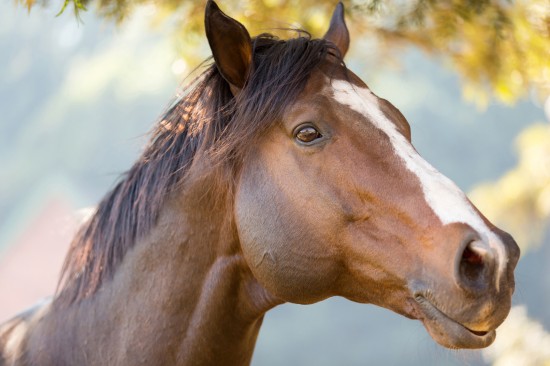
Most riders have trouble hearing what a trainer may be saying to them on a blustery day when exercising their horses in an outdoor arena. The thing they may not realise is that their mounts might be having the same trouble hearing too!
A recent study in the States showed that hearing loss in horses, although not often reported can affect how a horse behaves both when they are in training and when they are at rest. If the condition is serious it can impact a horse's performance quite badly, but even if a horse has partial hearing it could affect them in several ways which includes the following:
To find out if your horse can hear well, a single clap of your hands will determine if they have a hearing problem or not. However, horses need full hearing in both ears to be able to localise the sounds they hear. A horse with partial hearing would be able to hear the sound, but they are unable to determine where it is coming from.
Not knowing where a sound is coming from results in an anxious and often stress-out horse and one that may react to sounds quite dramatically. This is out of fear and because horses are 'flight' animals, they will run away.
With this said, a horse living in a very familiar environment may not have full hearing and seem quite relaxed about things. As such the fact they only have partial hearing may go undetected for years until that is they find themselves in a new location. If the horse hears a strange or loud noise in this situation and not be able to determine where it is coming from, they will typically become stressed out.
A vet would need to carry out several neurological tests which could include a sound test where the horse would be subjected to a loud noise once and then repeatedly. A horse with good hearing would not only hear the noise, but they would be able to locate where it is coming from.
If however, the horse cannot locate where the sound is coming from, the chances are they only have partial hearing in one of two ears. Should the horse not react to the noise at all, it is a pretty clear indication they may be suffering from total hearing loss. A vet would need to carry more in-depth tests to determine the cause.
These tests could include an endoscopic examination of the horse's inner ear structures which can be carried out under general anaesthetic or with the horse standing, but under a milder locally administered sedative. Vets tend to prefer to carry out this test when a horse is standing as it makes the process that much easier for them to do.
Other tests may include the following all of which would determine the extent of hearing loss a horse may be experiencing:
Much like an endoscopic test but with one difference which is a horse would need to be put under general anaesthetic.
Small electrodes are placed under a horse's scalp which then detect all electrical activity taking place in a horse's inner ear right up to their brain which is known as the auditory pathway. A horse would need to be wearing specially made headphones which exposes them to specific sounds so the electrical activity can be measured.
The research showed there were certain specific causes for a horse to lose their hearing whether partially or fully. These are as follows:
This is a condition where a bony growth occurs on the stylohyoid bone which is located in the temporohyoid joint and close to a horse's middle ear and their guttural pouch. Horses diagnosed with the condition often suffer a loss in their hearing.
This is a condition that affects certain breeds more than others and is often found in American Paint horses because they boast lots of white on their faces. Signs of a problem are usually quite obvious because horses tend to be very easily startled. Should a horse be diagnosed with this condition, the prognosis is never good when it comes to restoring their hearing.
This is a condition where an inflammation of the middle and/or inner ear occurs which can affect a horse's hearing.
Horses diagnosed with this condition suffer a loss of hearing, but this is just one of the symptoms that go hand-in-hand with this awful disease.
These studies showed that a horse's recovery from any sort of hearing loss really does depend on the root cause of the problem. The good news is that loss of hearing in horses is relatively uncommon, but should you have any concerns, you should get your horse checked out by a vet sooner rather than later. The earlier a diagnosis can be made, the sooner you will know the extent of your horse's hearing loss and whether they would make a full recovery or not.
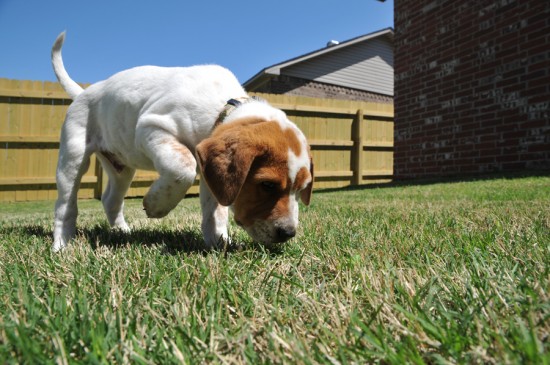 Thinking About Getting A Puppy?
Thinking About Ge
Thinking About Getting A Puppy?
Thinking About Ge
 Reasons for You to Build and Design Chicken Runs for Your Chicken
Reasons for You to Build and Design Chicken Runs for Your
Reasons for You to Build and Design Chicken Runs for Your Chicken
Reasons for You to Build and Design Chicken Runs for Your
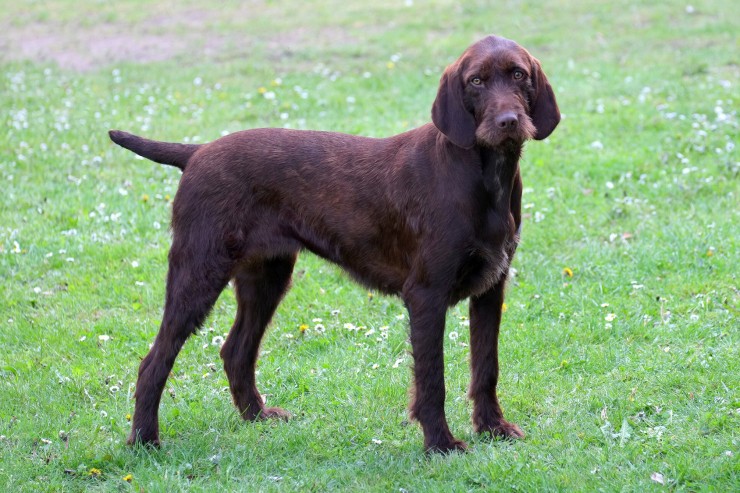 Making A Claim Against A Dog Owner’s Third Party Liability Insurance
Making A Claim Ag
Making A Claim Against A Dog Owner’s Third Party Liability Insurance
Making A Claim Ag
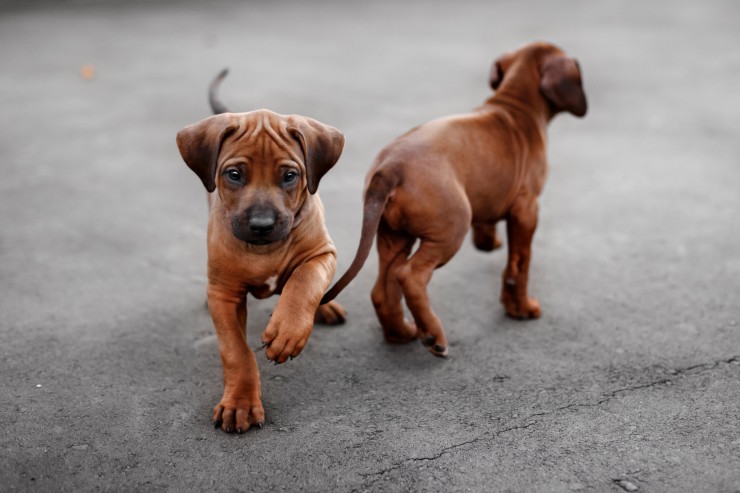 The Dangers Of Not Socialising A Puppy Early Enough
The Dangers Of No
The Dangers Of Not Socialising A Puppy Early Enough
The Dangers Of No
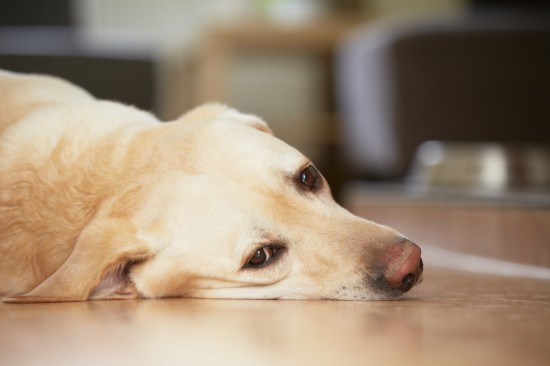 Subtle Symptoms Of Ill Health In Dogs
Subtle Symptoms O
Subtle Symptoms Of Ill Health In Dogs
Subtle Symptoms O
Copyright © 2005-2016 Pet Information All Rights Reserved
Contact us: www162date@outlook.com